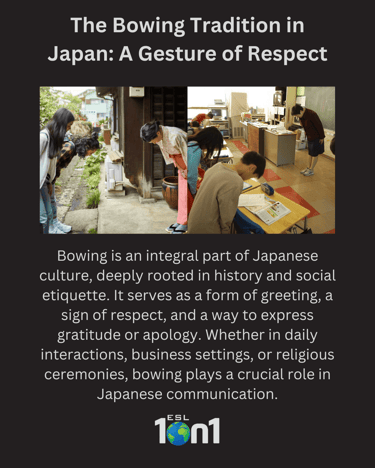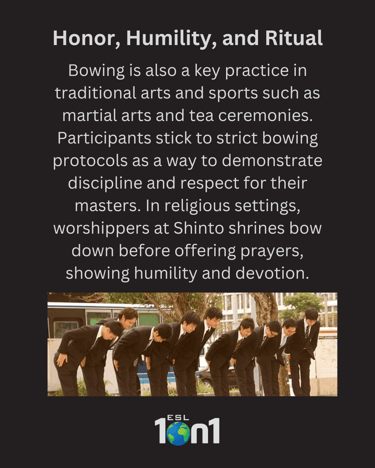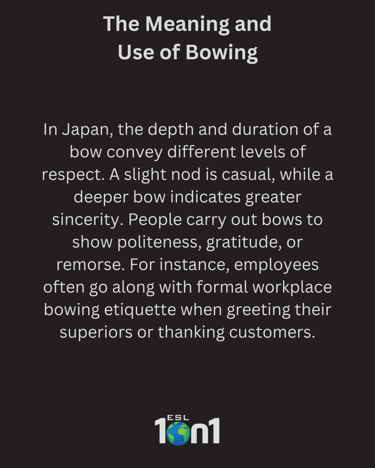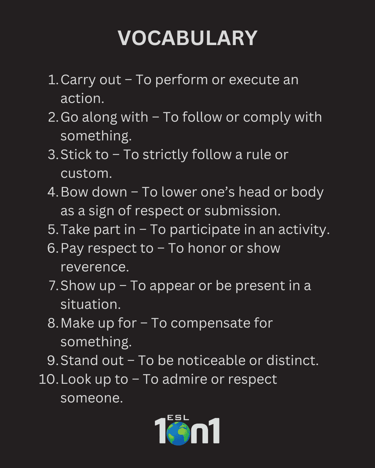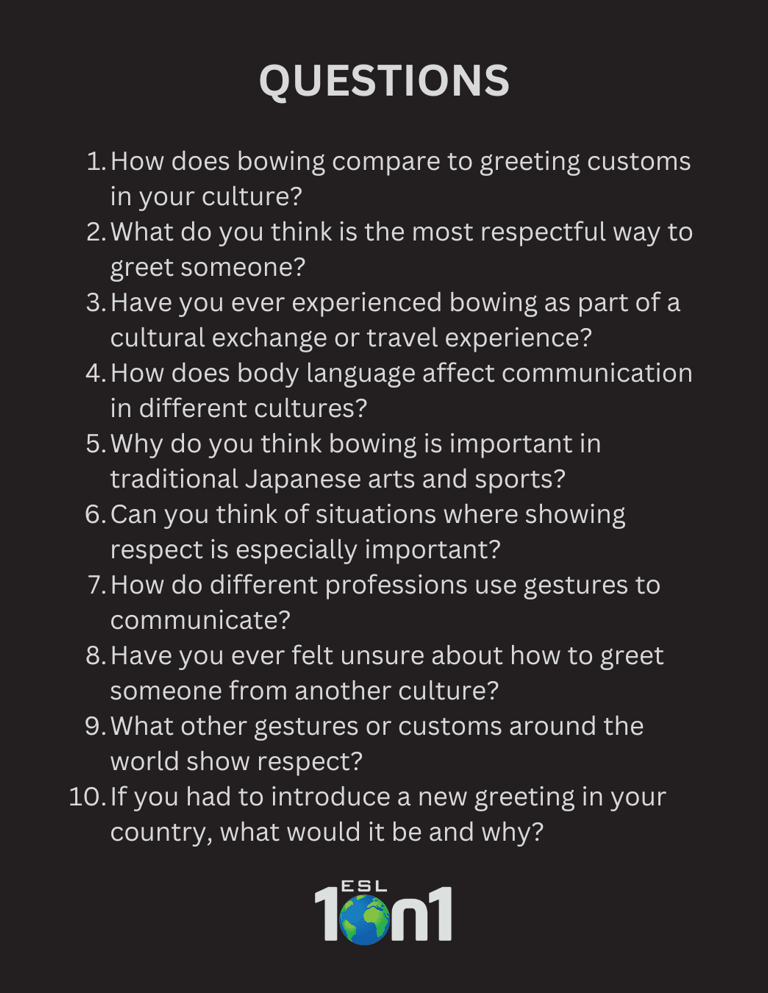
Instructions:
Read the Article Carefully
Begin by reading the short article to get a general understanding of the topic. Pay attention to the main ideas, key details, and the tone of the passage.
Study the Vocabulary and Expressions
Review the list of useful phrasal verbs and expressions. Make sure you understand their meanings and how they are used in context.
Apply the Vocabulary
Practice using the new vocabulary in your own original sentences. Try to make the sentences meaningful and related to your own experiences if possible.
Respond to the Discussion Questions
Answer the open-ended questions thoughtfully and in complete sentences. These questions are designed to encourage personal reflection and promote speaking or writing fluency.
Optional Speaking Practice
If you're working in a group or with a teacher, use the questions to guide a conversation. Focus on pronunciation, clarity, and using the vocabulary naturally during discussion.
My Vicarious Jigsaw
I see the world as a vast jigsaw puzzle, with each piece representing a different culture, tradition, or way of life. Through my students, I’ve had the privilege of collecting these pieces—stories, insights, and perspectives that shape a richer, more complete picture of our world. As memory fades, I’ve decided to preserve and share these pieces here. Join me in exploring the world through English, using language as it’s meant to be used: for connection, understanding, and discovery.
Holi: India’s Festival of Colors and Joy
A celebration of love, unity, and the triumph of good over evil, Holi fills the streets with bursts of color, music, and festive treats. From the burning of Holika to playful gulal fights, this festival brings people together in a spirit of renewal and happiness.
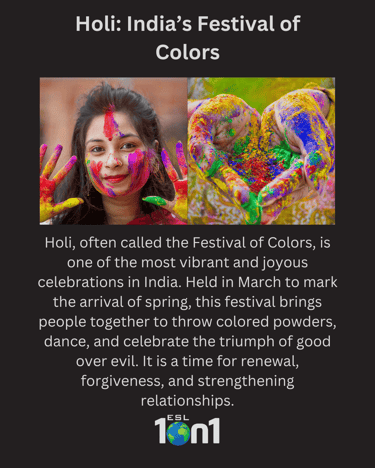
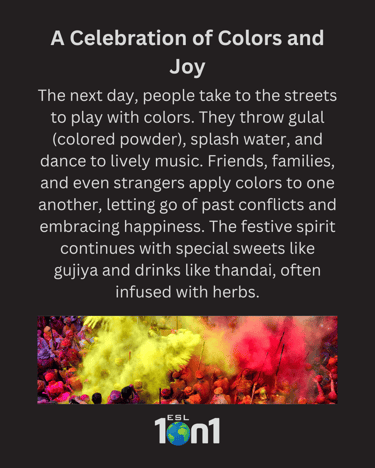
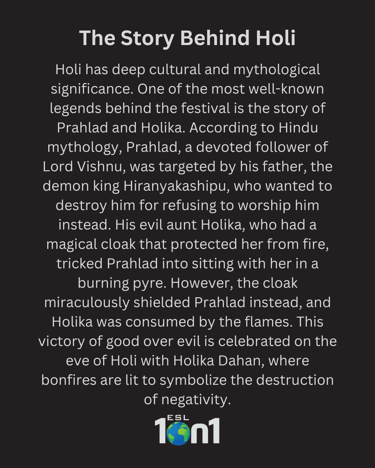
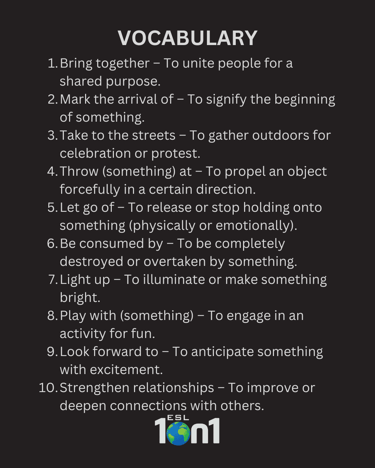




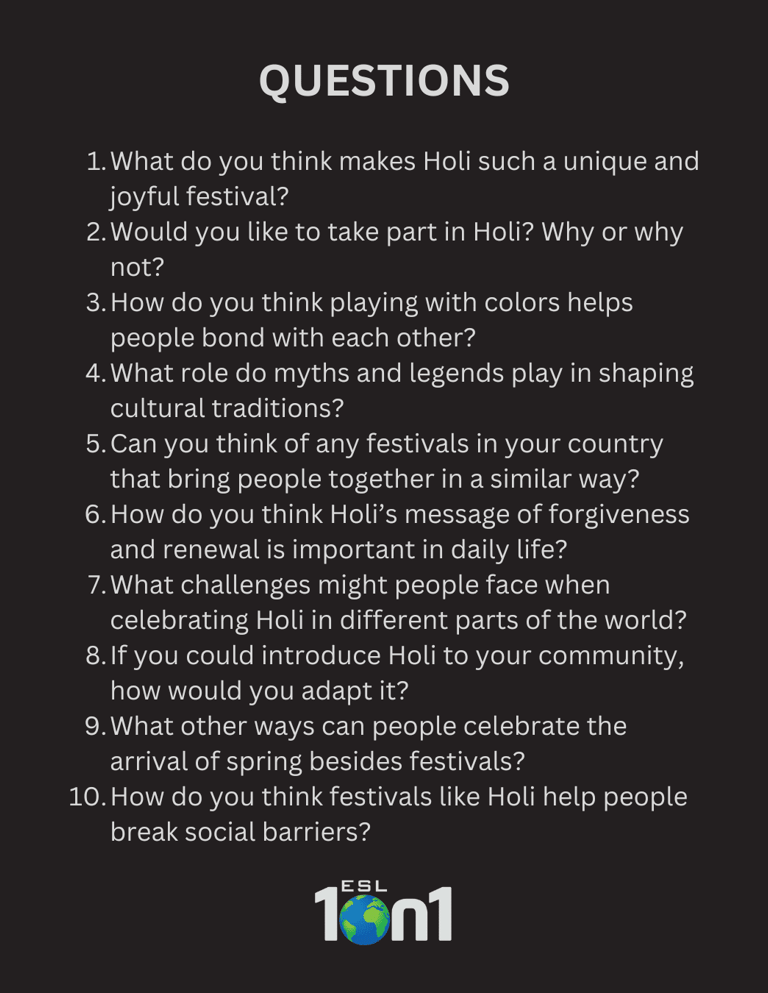

Strength: Stone Lifting & Wood Chopping Traditions
In the Basque Country, strength is a tradition! Harri-jasotzaileak (stone lifting) and Aizkolaritza (wood chopping) are intense rural sports that test power, endurance, and skill.
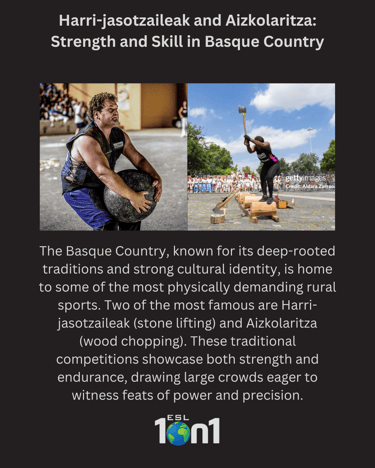
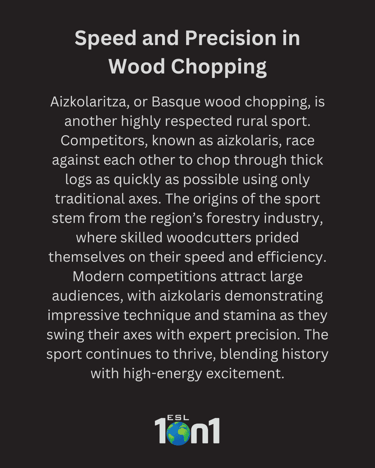
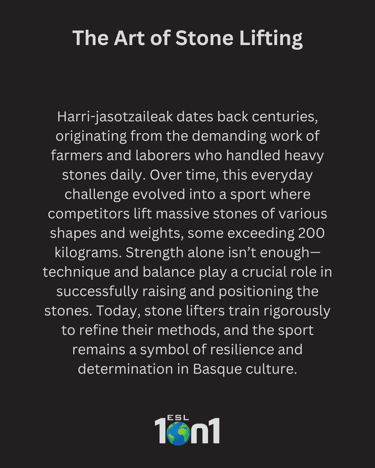
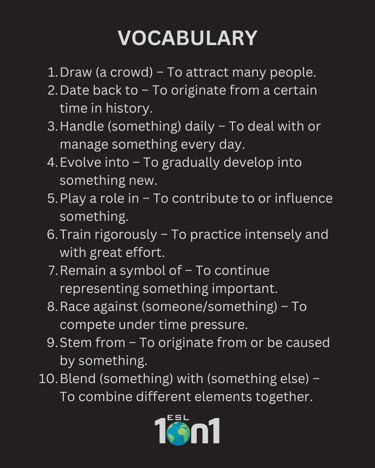




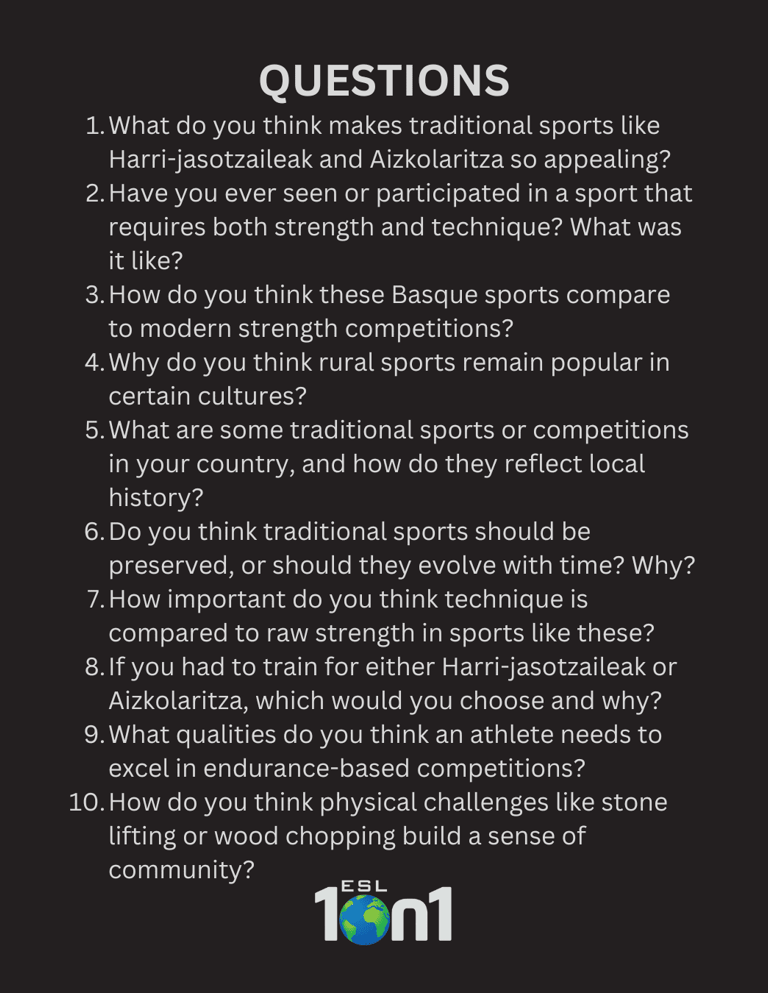

Nikkei Cuisine: The Perfect Blend of Japan and Peru
Nikkei cuisine is a delicious fusion of Japanese technique and Peruvian flavors, creating dishes that are both bold and delicate. With fresh seafood, citrus, and umami-rich ingredients, this unique blend has become a global sensation.
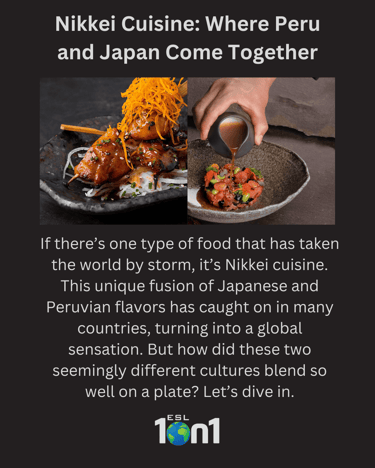
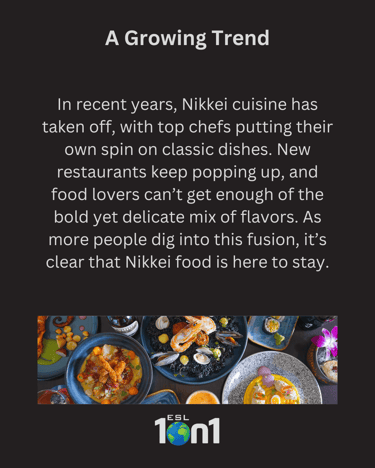
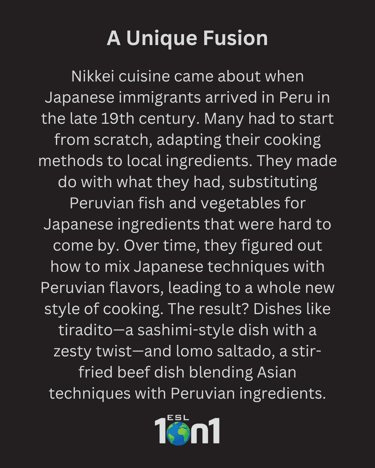
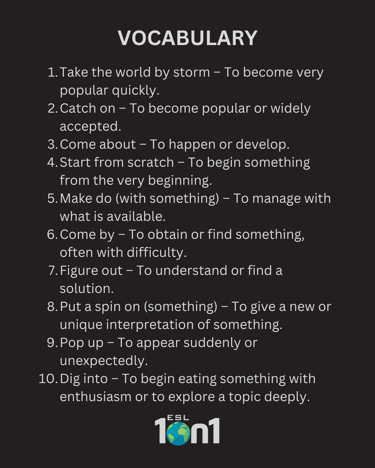




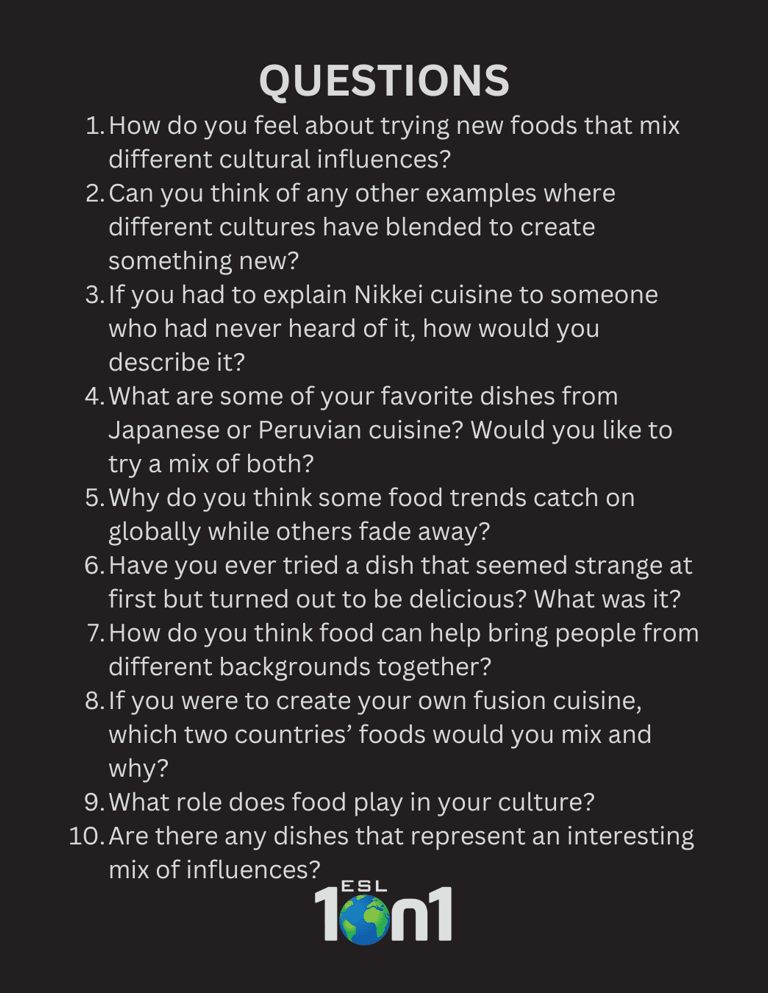

La Tomatina: Spain’s Ultimate Tomato Fight
Every August, the streets of Buñol, Spain turn red as thousands join the world’s biggest tomato battle! What began as a playful food fight in 1945 is now an iconic festival of fun, chaos, and tradition.
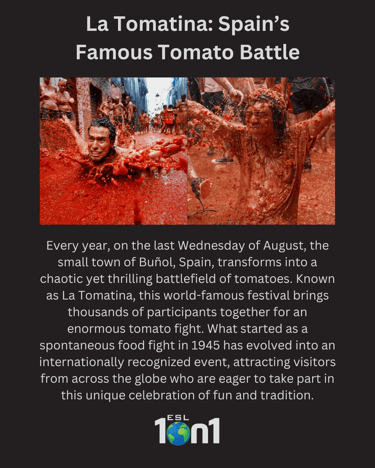
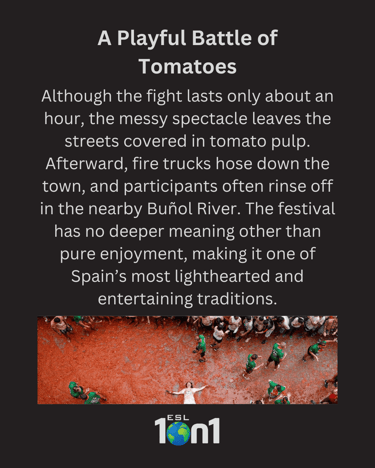
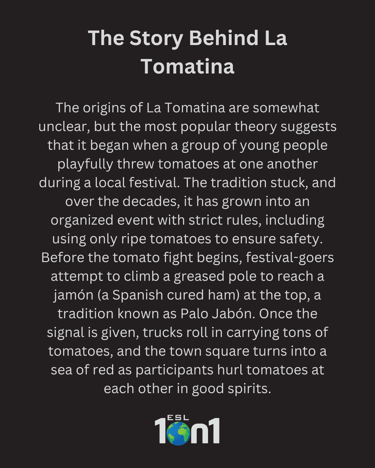
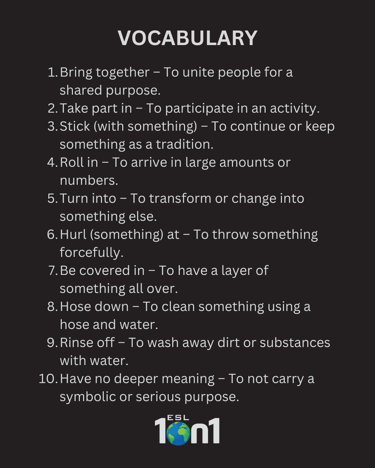




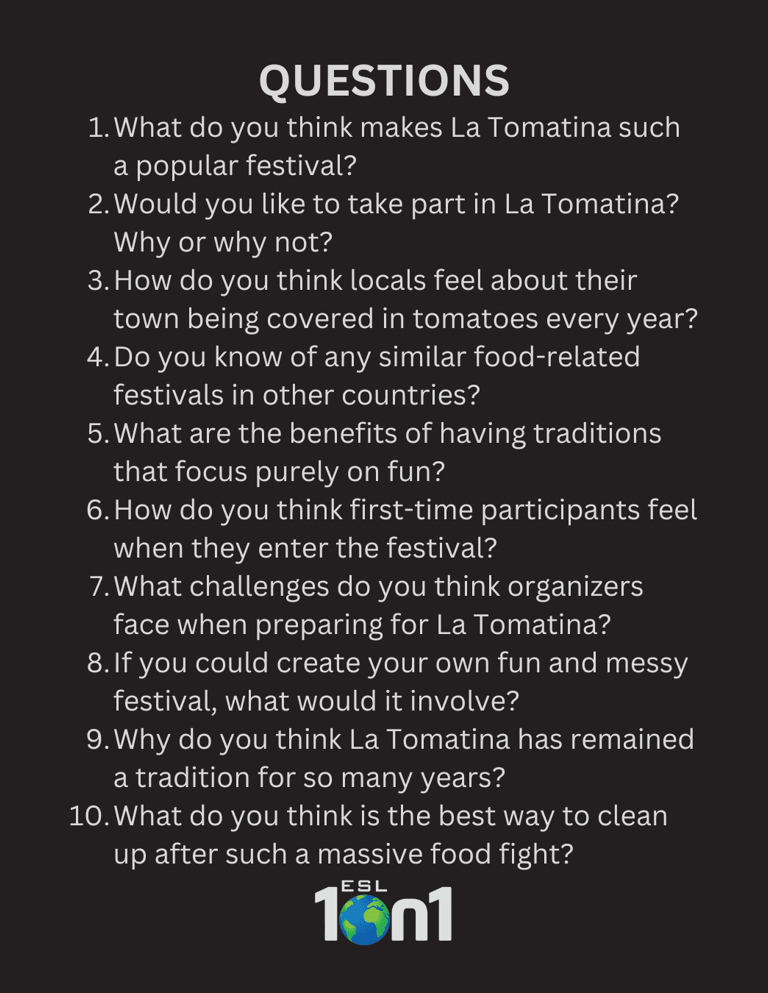

Sky Burials of the Toraja: A Journey to the Afterlife
Description: In South Sulawesi, Indonesia, the Toraja people honor their dead with hanging coffins, placed on cliffs or in caves. This unique tradition symbolizes the soul’s journey to the afterlife, bringing the departed closer to the spiritual world.
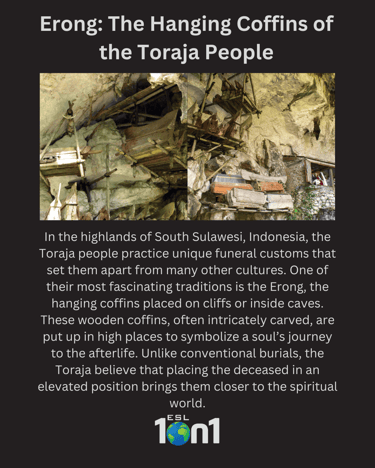
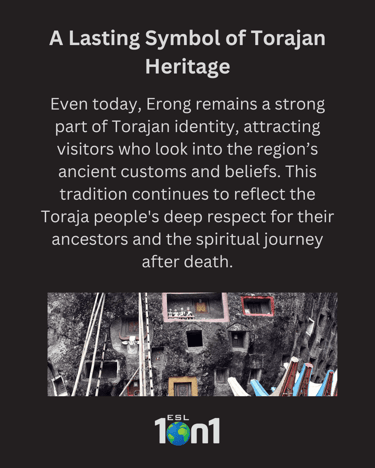
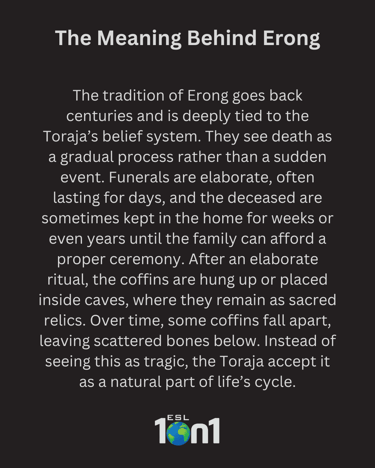
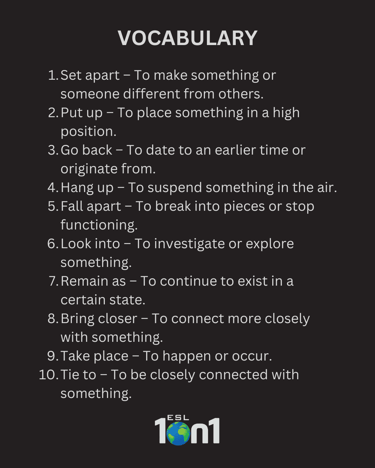




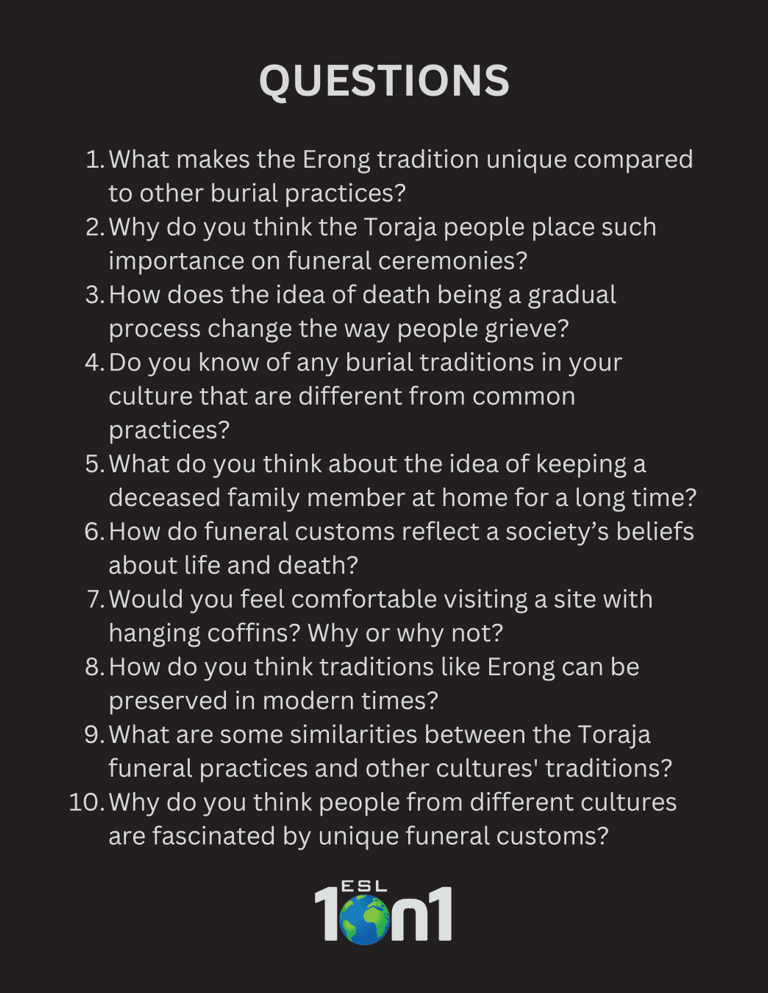

Paris’s Catacombs: A City of Bones Beneath the Streets
Hidden beneath Paris lies a haunting underground world—the Catacombs, home to the remains of over six million people. Originally created to solve overcrowded cemeteries, this eerie tunnel network has become a historical monument and a chilling reminder of the past.
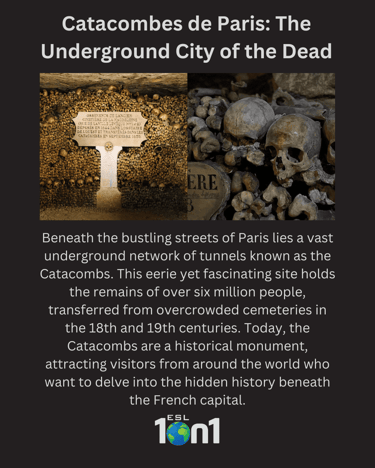
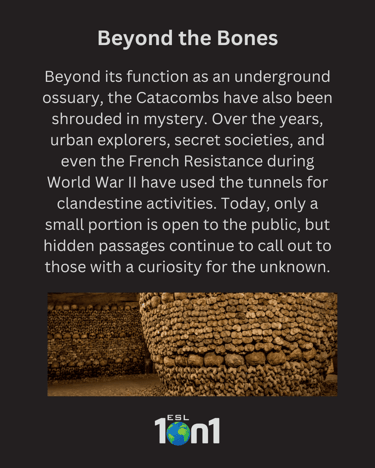
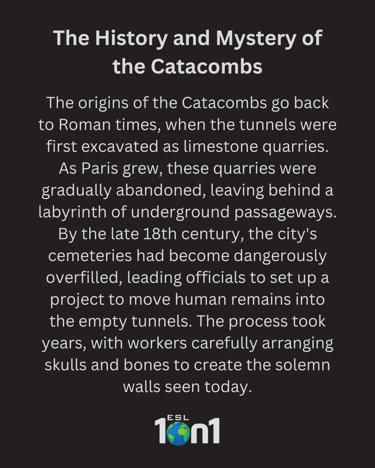
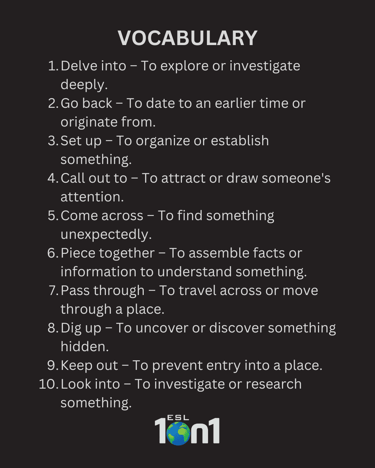




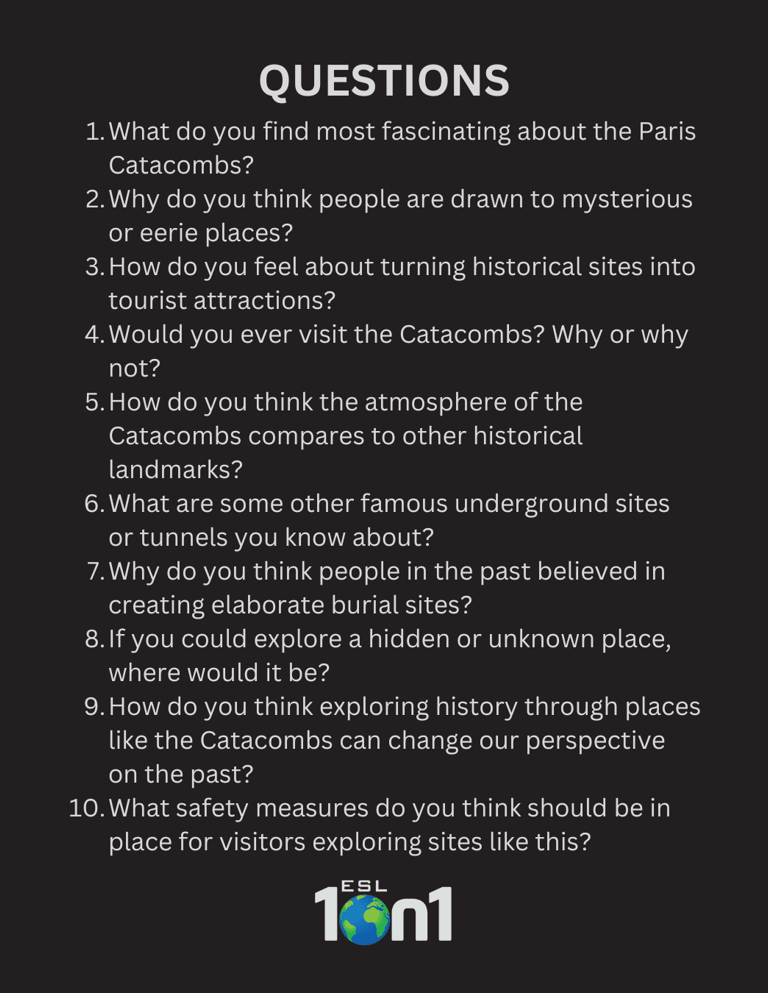

Iaido: Mastering the Art of the Sword Draw
Iaido is a Japanese martial art that teaches the precise and fluid movements of drawing, cutting, and sheathing a katana. Focused on discipline, mindfulness, and control, it is practiced through solo kata rather than sparring. More than combat, Iaido is about mastering the mind and body.
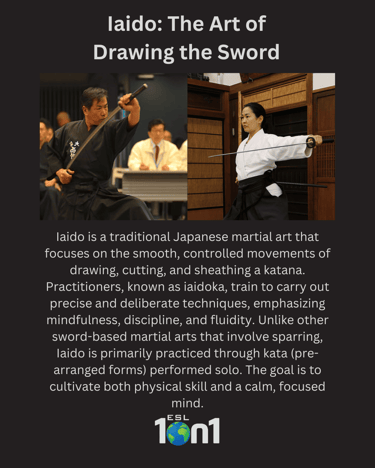
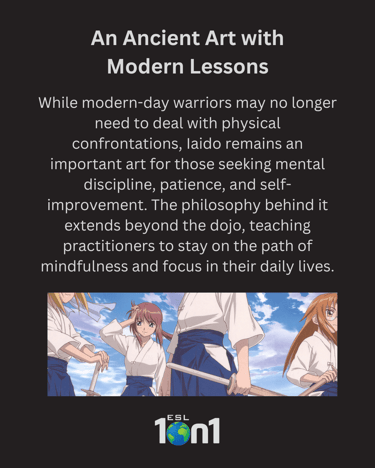
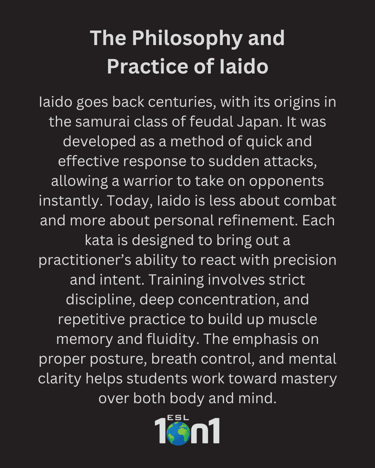
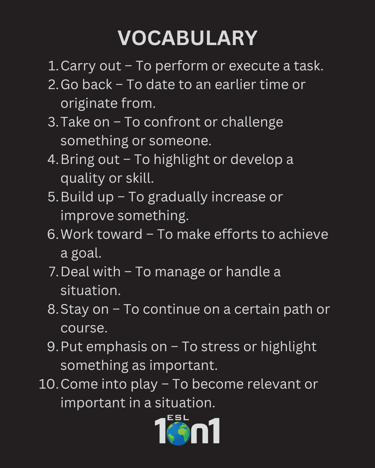




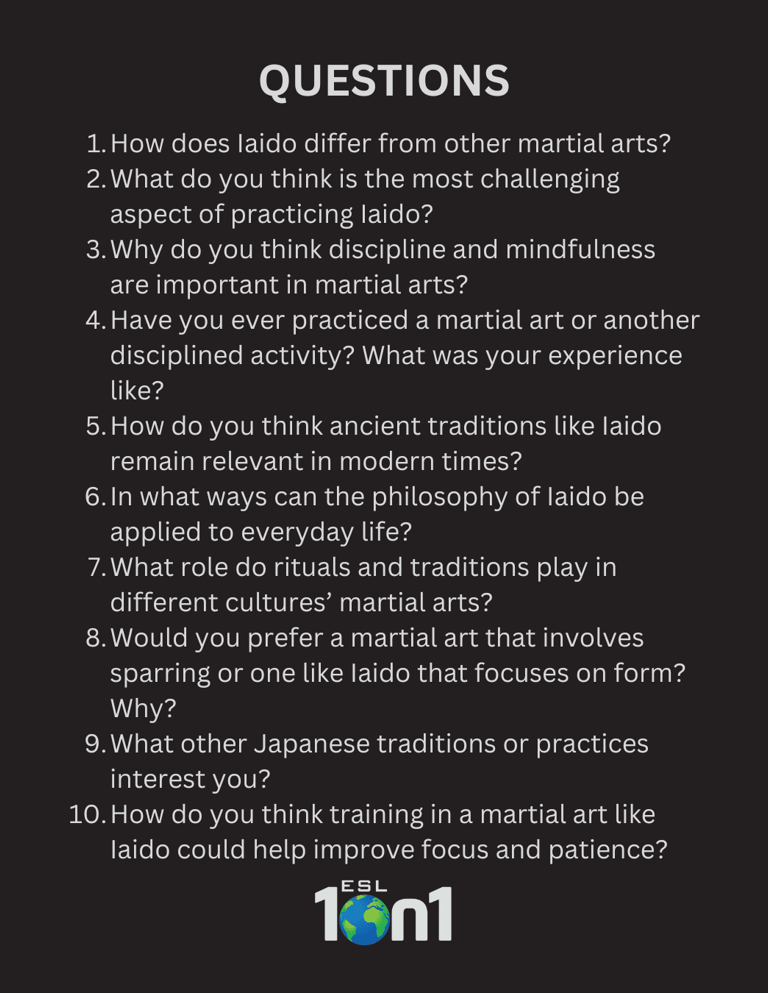

Jouhatsu: Vanishing Without a Trace in Japan
In Japan, jouhatsu (蒸発) or “evaporation” refers to people who deliberately disappear, leaving behind their jobs, families, and past lives. Driven by debt, shame, or social pressures, they start over in anonymity—sometimes never to be found.
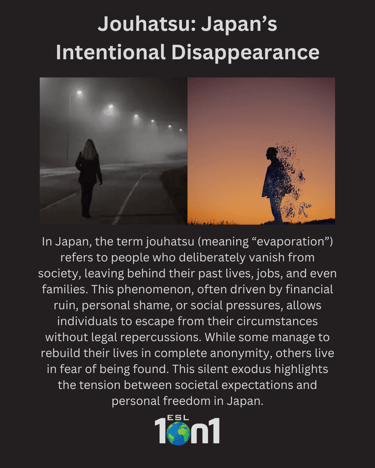
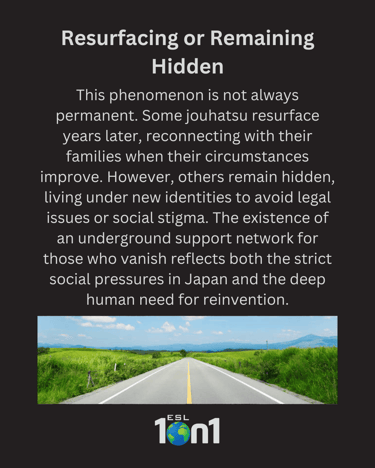
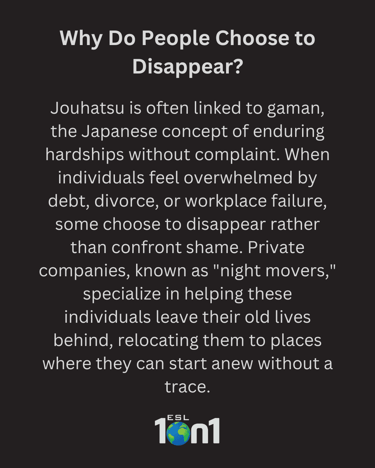
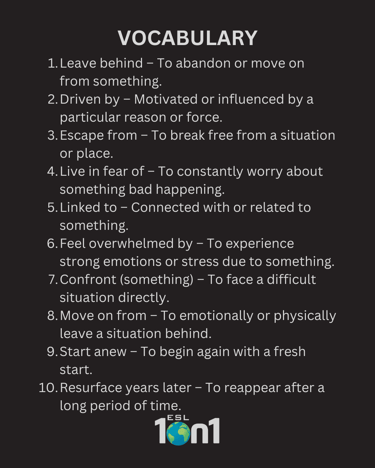




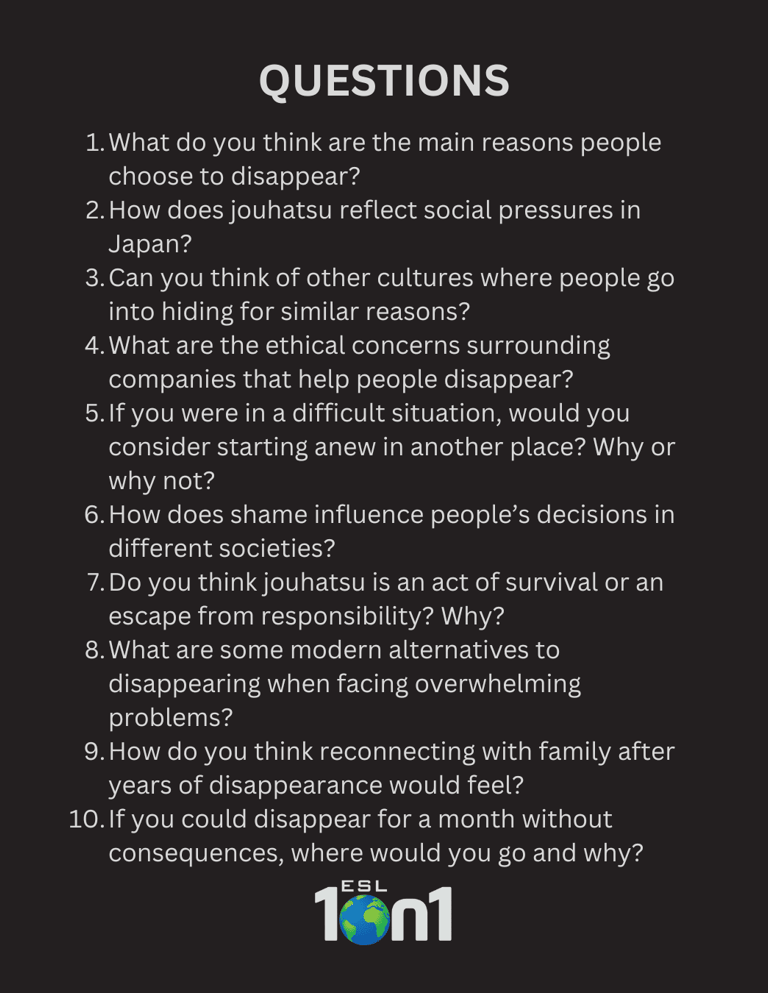

Francisco Franco & the Spanish Civil War: A Nation Divided
Francisco Franco rose to power after the Spanish Civil War (1936–1939), ruling Spain with an iron grip for nearly four decades. His authoritarian regime suppressed opposition and reshaped the country under nationalist ideals.
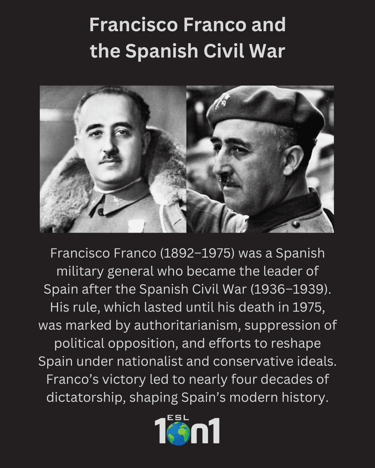
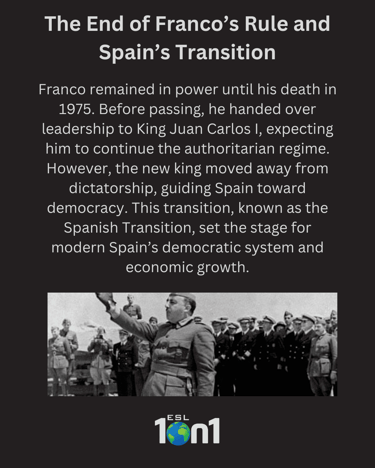
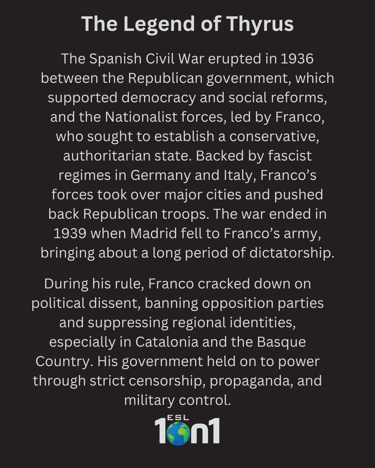
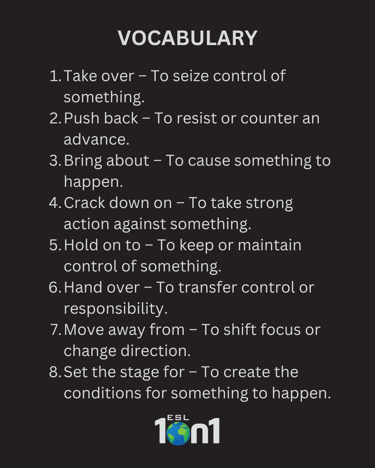




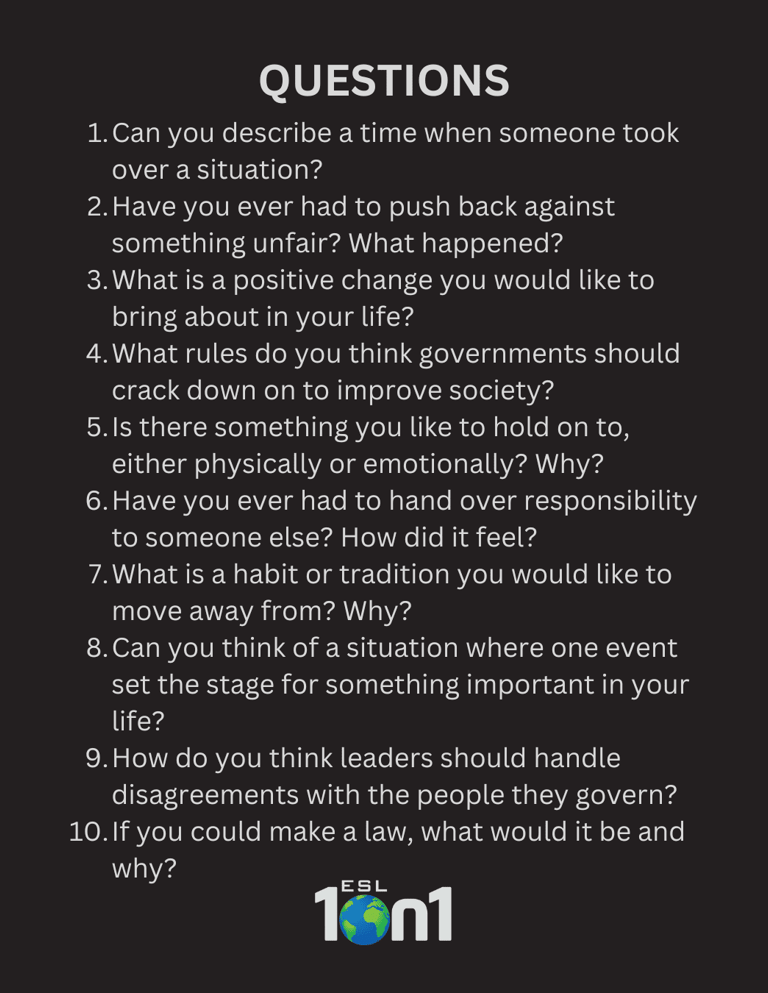

The Kingdom of Aragon: From Power to Decline
Once a dominant force in medieval Spain, the Kingdom of Aragon expanded through conquests and alliances, shaping Mediterranean trade and politics. But internal strife and external pressures led to its eventual decline.
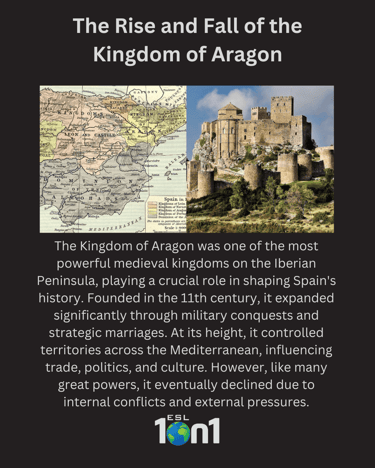
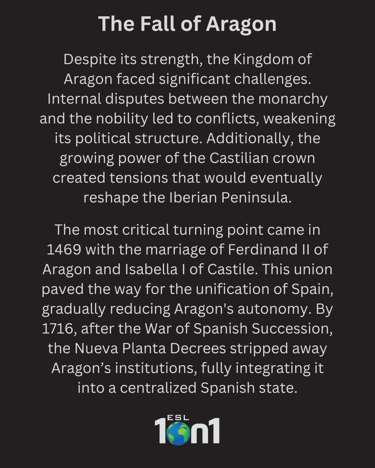
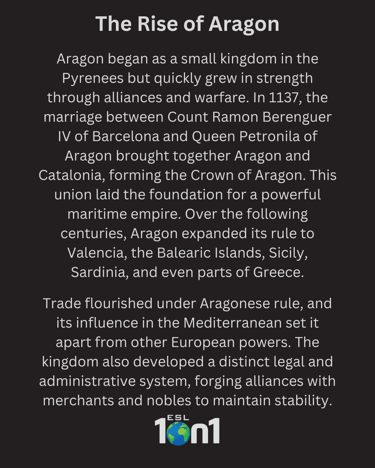
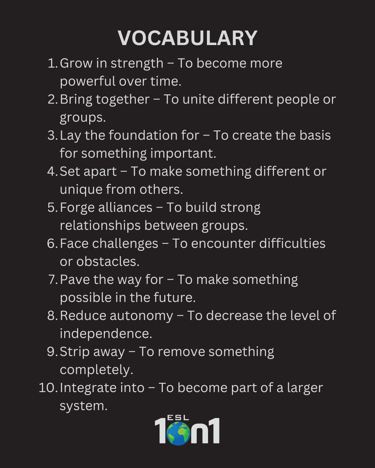




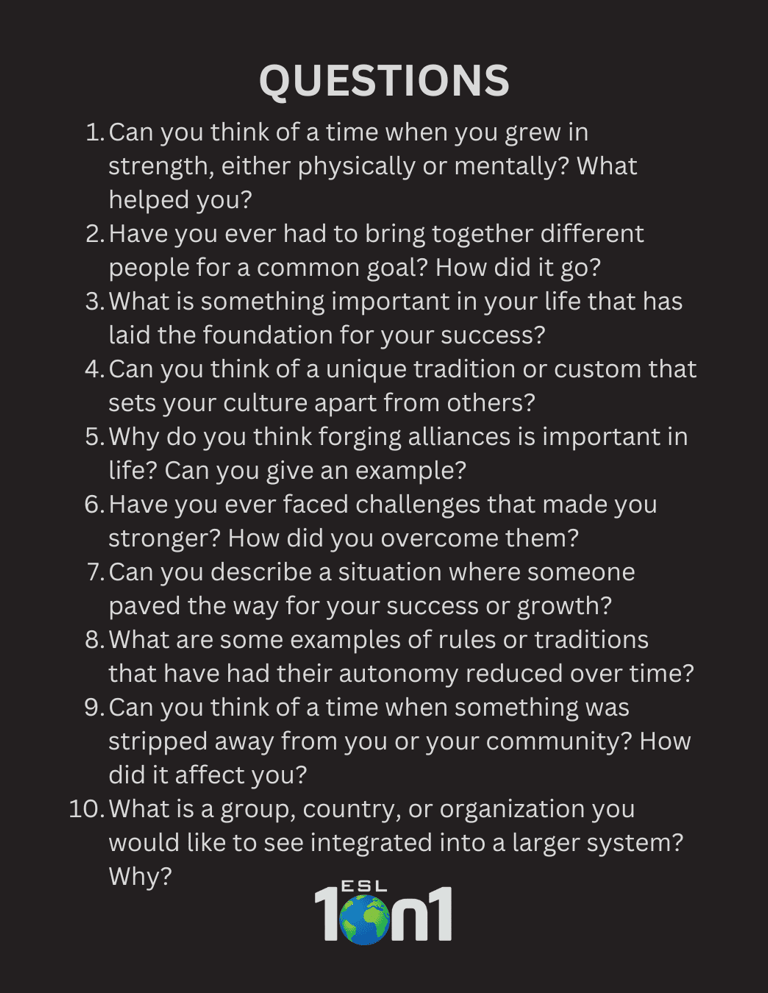

Thyrus the Dragon: Terni’s Legendary Protector
Deep in the heart of Umbria, the legend of Thyrus the Dragon has stood the test of time. Once a terrifying menace, this mythical beast became a lasting symbol of Terni, thanks to a brave knight’s heroic battle.
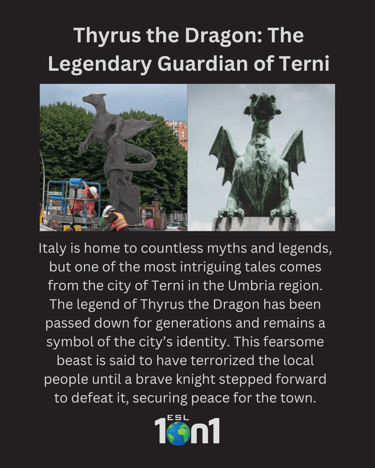
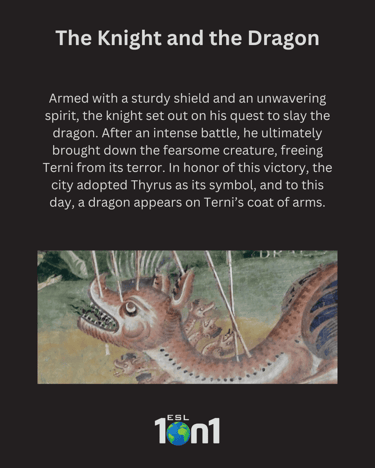
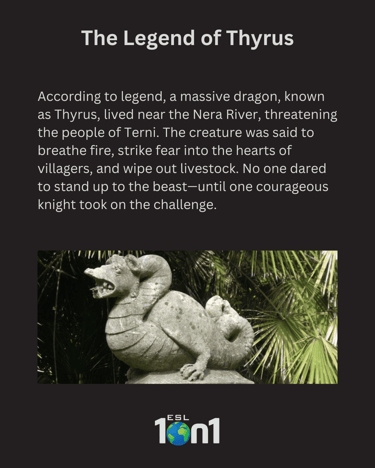
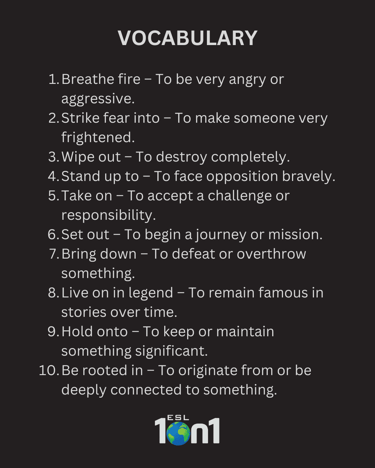




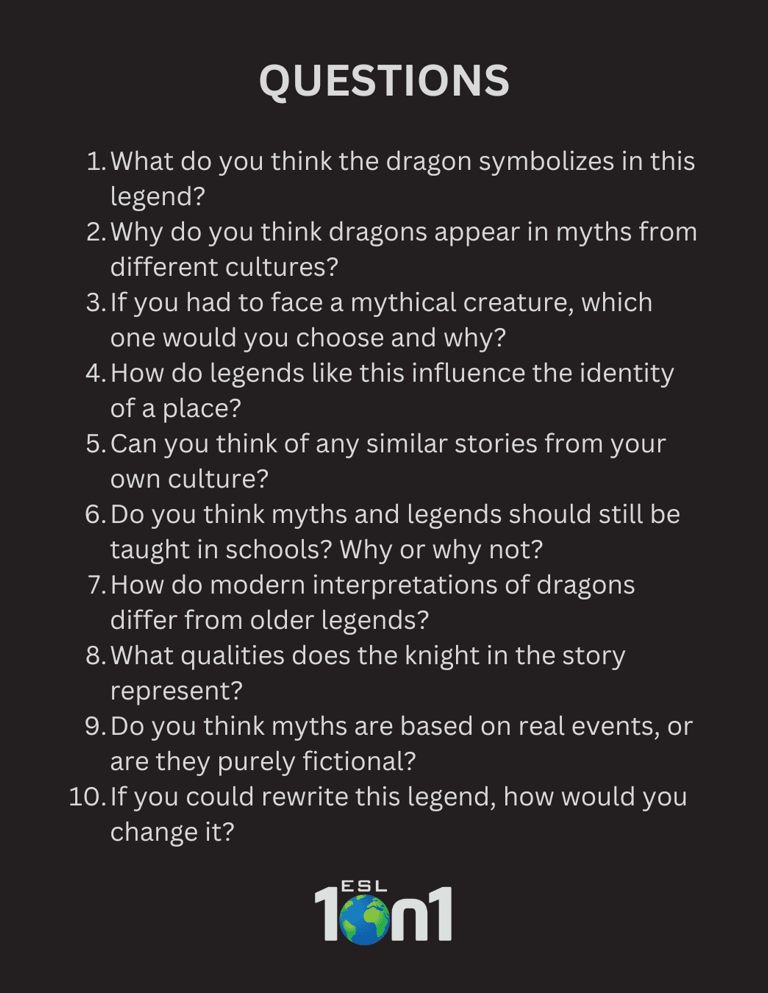

The Banned Festival: Spain’s Controversial Goat Tradition
Once a shocking tradition in Manganeses de la Polvorosa, Spain, the Goat Throwing Festival involved tossing a live goat from a church tower—a practice defended as heritage but condemned as cruelty. Eventually banned in the 1990s, the festival now reflects the ongoing debate between tradition and ethics in cultural celebrations.
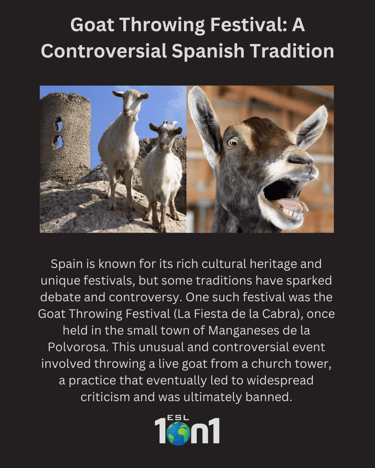
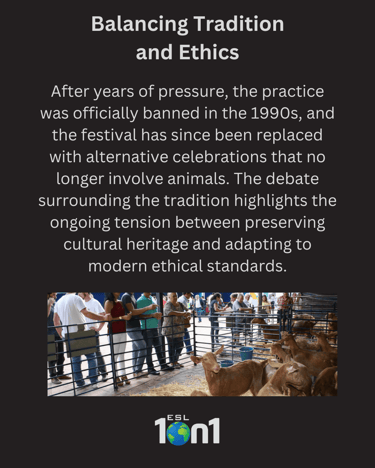
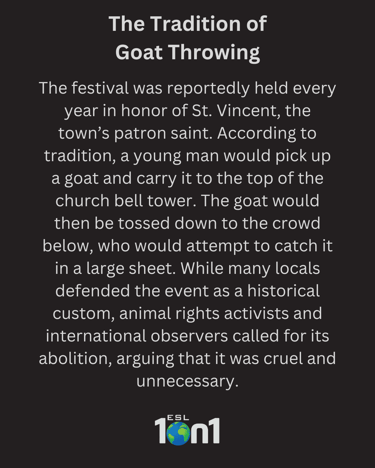
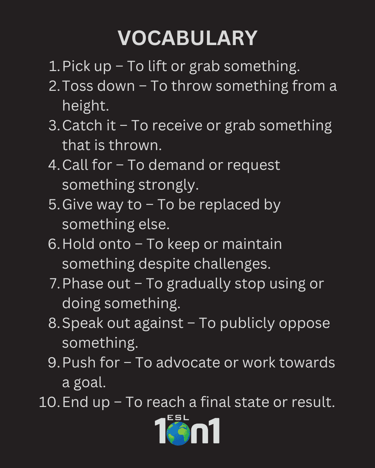




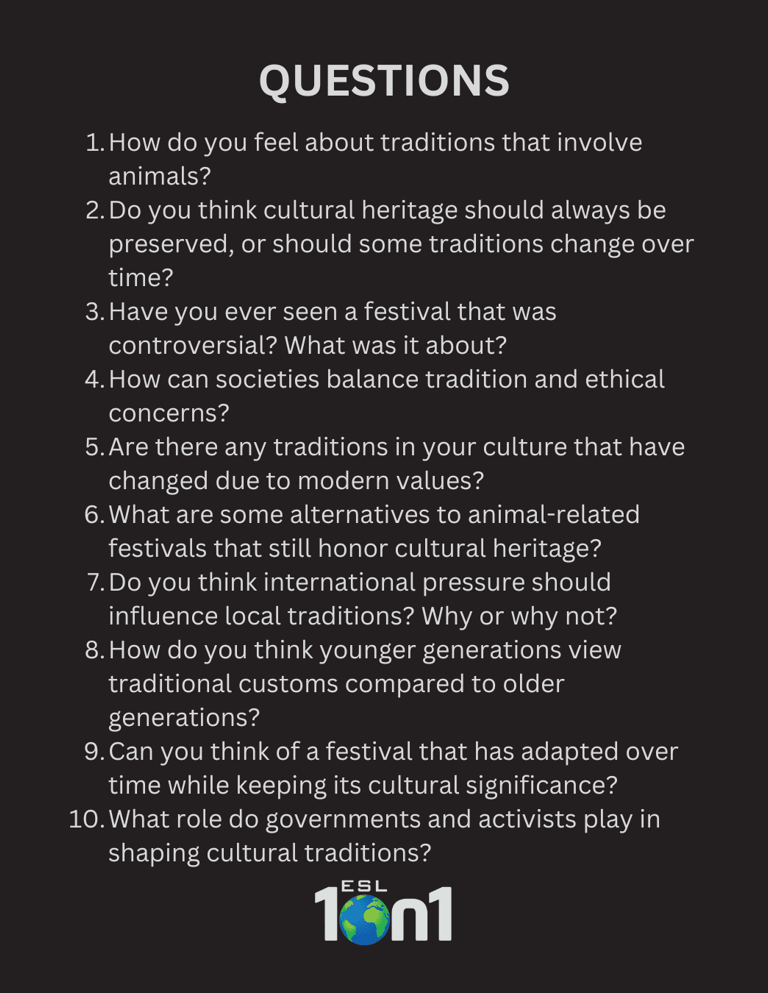

The Art of Cheek Kissing: A Cultural Greeting Across Borders
In Spain, France, and many other cultures, cheek kissing is a common way to greet friends and family. While the number of kisses and the rules vary, the gesture symbolizes warmth and social connection. However, for those unfamiliar with the custom, it can sometimes lead to awkward moments!
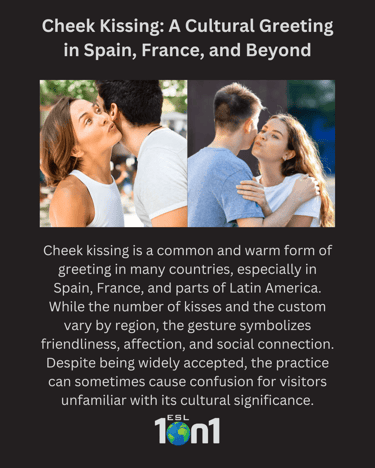
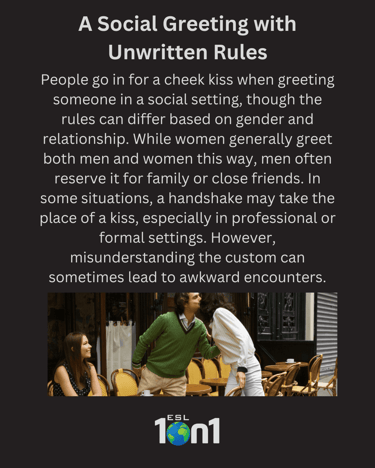
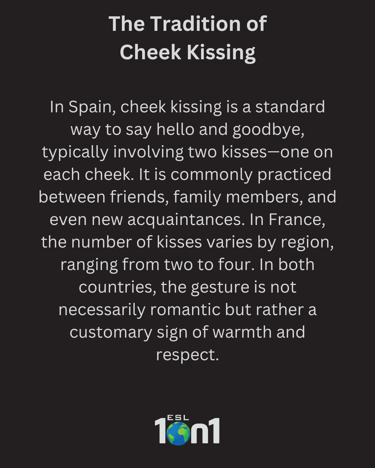
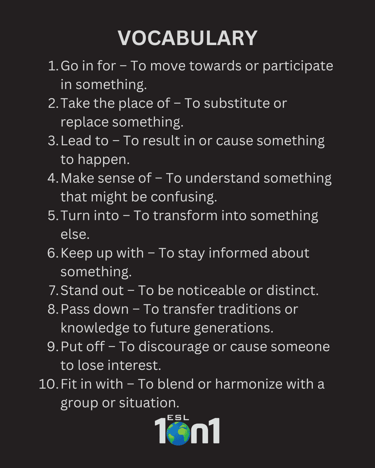




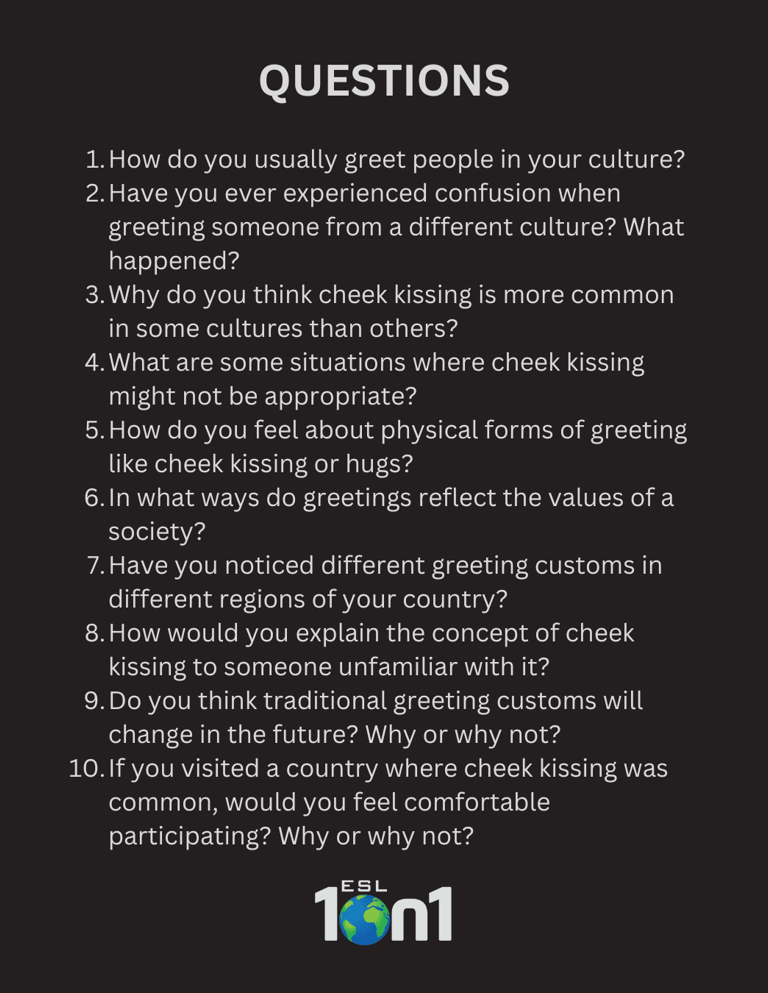

Garuda: Thailand’s Sacred Emblem of Power and Protection
Discover the legend of Garuda, Thailand’s national emblem and sacred protector. Rooted in Hindu and Buddhist mythology, this half-man, half-bird figure symbolizes strength, divine authority, and spiritual protection. From royal seals to temple carvings, Garuda’s presence continues to inspire Thai identity and tradition.
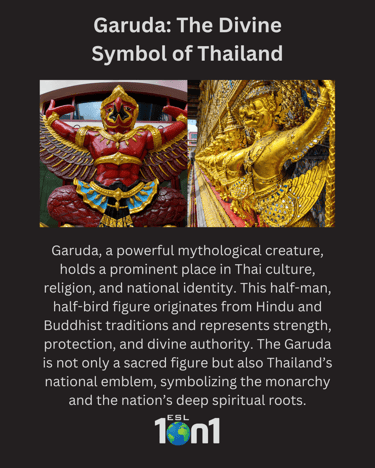
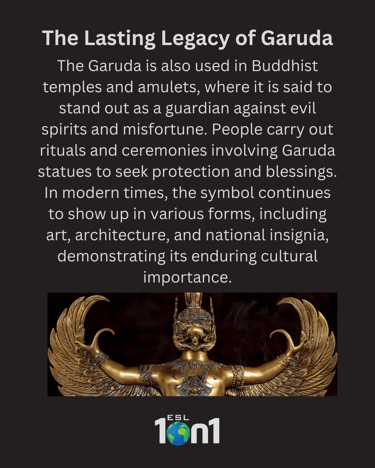
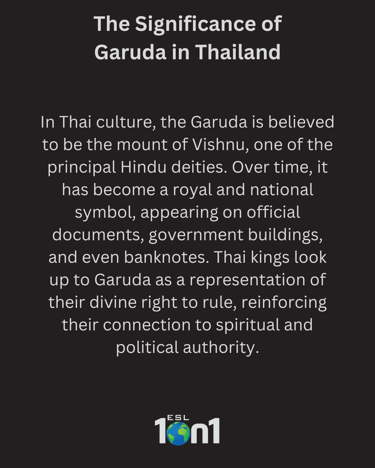
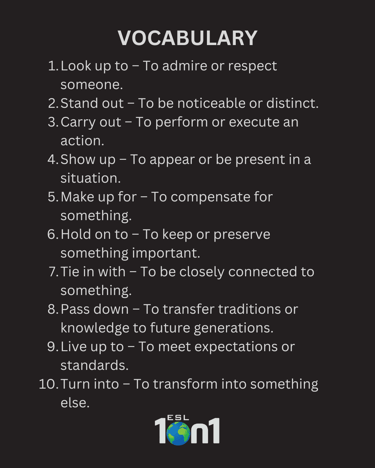




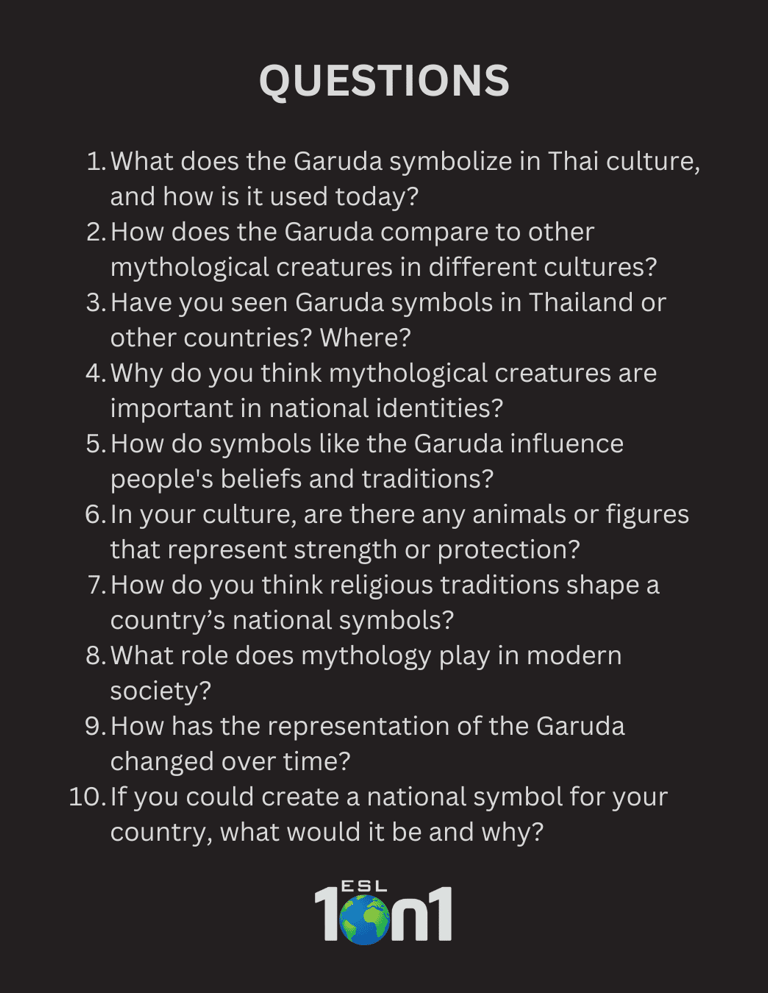

The Art of Bowing in Japan: More Than Just a Greeting
In Japan, bowing is more than a simple gesture—it’s a deep expression of respect, gratitude, and humility. From casual nods to formal bows in business and religious settings, the depth and duration of a bow carry important social meanings. Whether in martial arts, tea ceremonies, or daily interactions, this tradition remains a cornerstone of Japanese etiquette.
